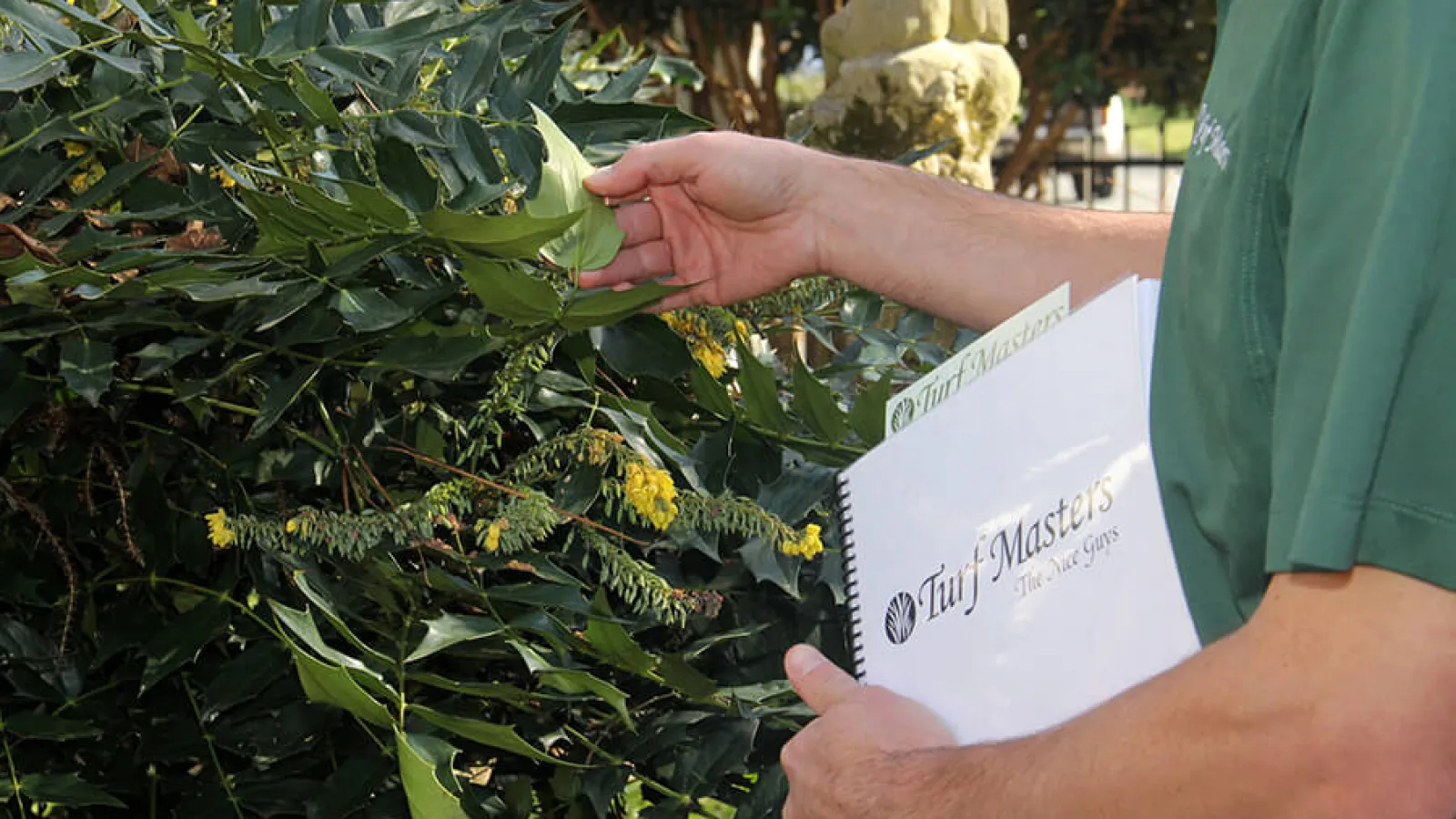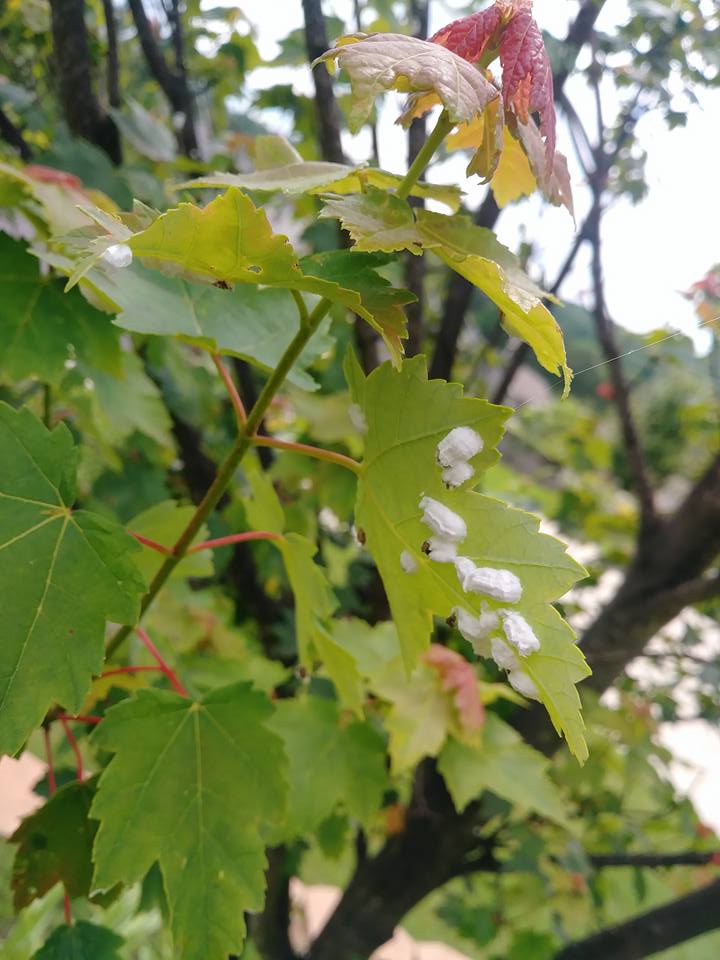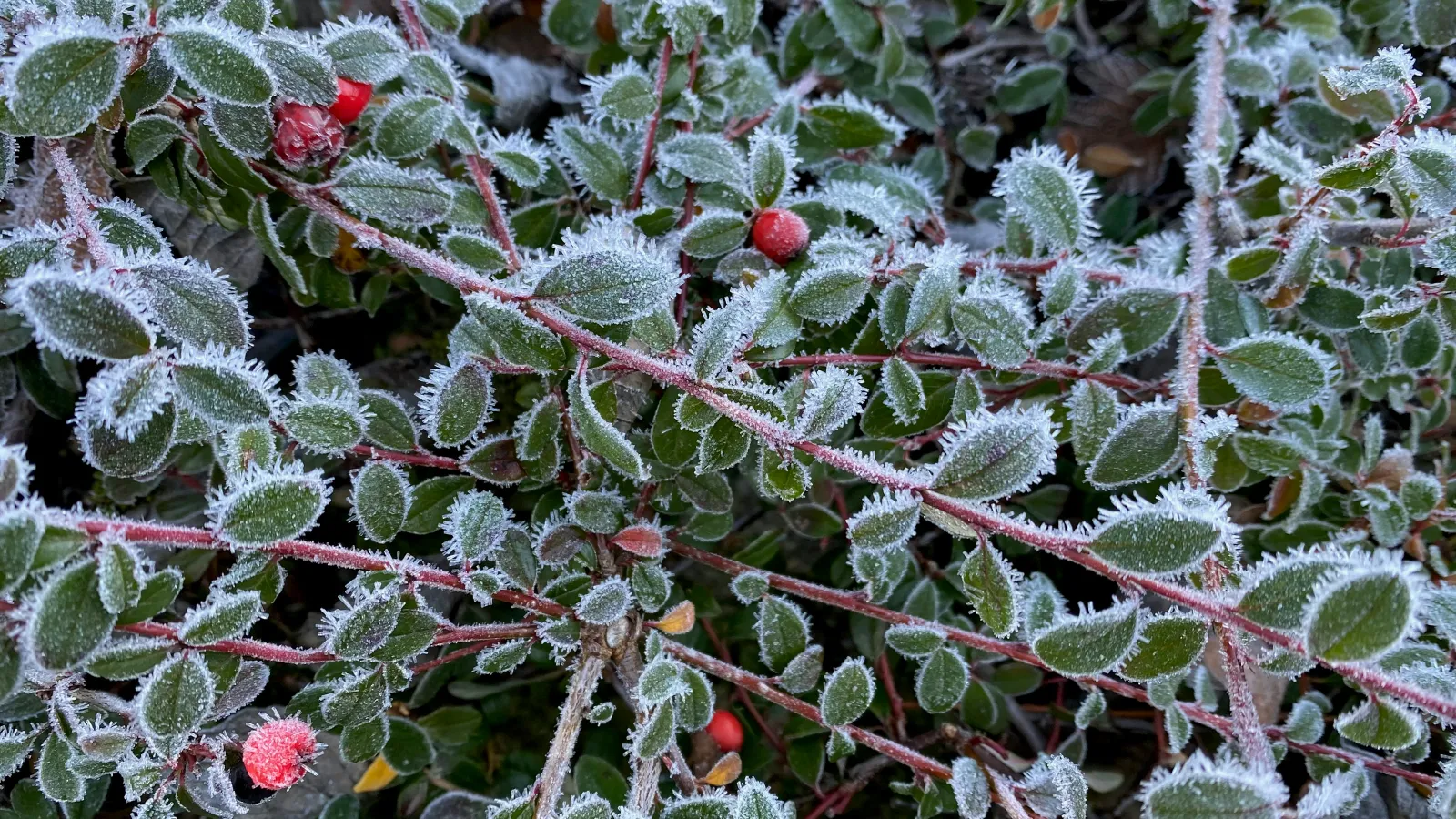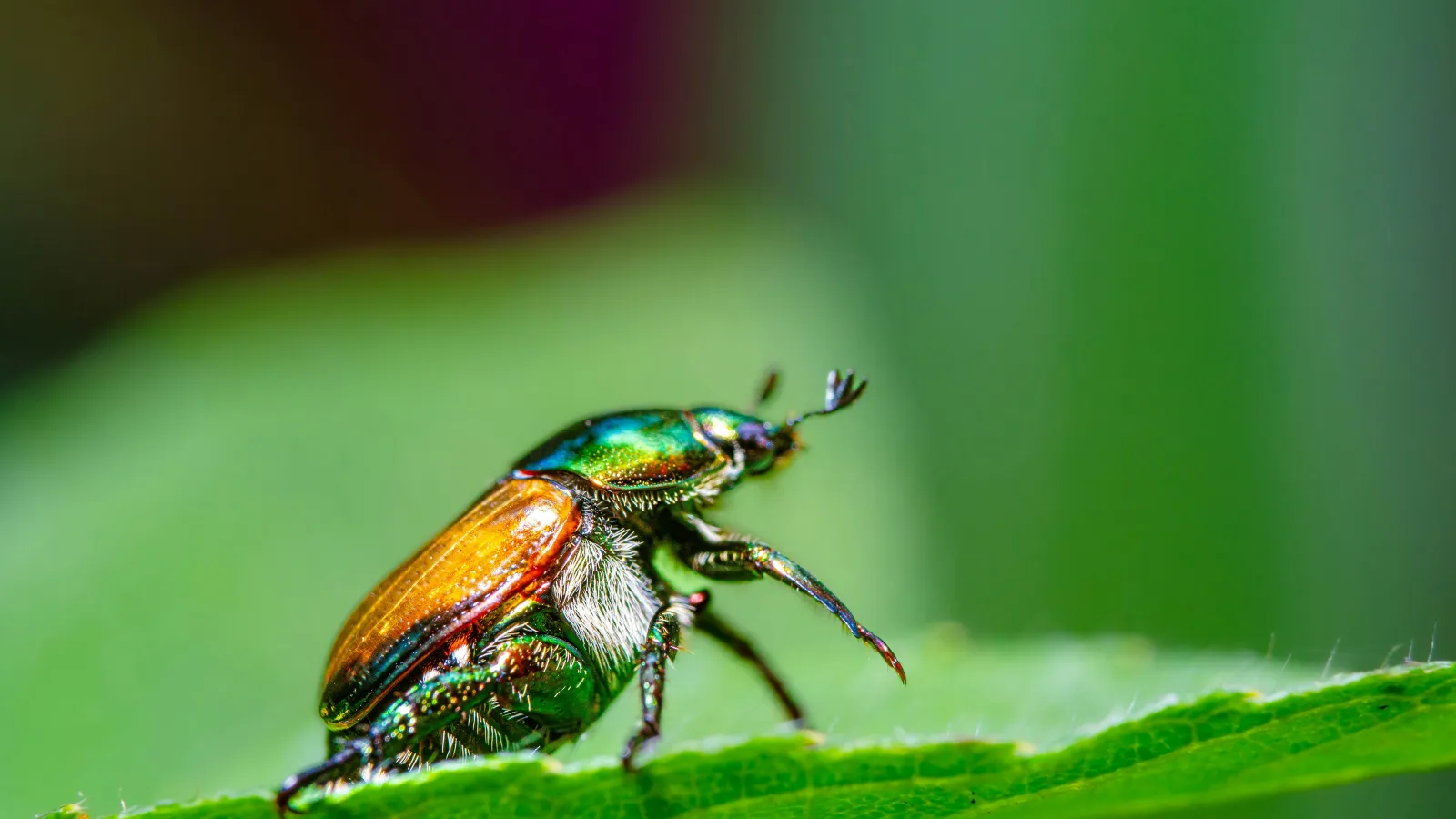
The Role of Horticultural Oils in Tree & Shrub Care
Many homeowners spend hundreds or thousands of dollars to have a beautiful landscape. The last thing you want to happen is for all your hard work to be damaged by pests and diseases. And we’re not the first to want to do this. Sulfur compounds were applied as far back as 2500 B.C. In 350 B.C., Romans used oil and ash for pest control.
Weed control and proper fertilization are means to protect your grass, but what about your trees and shrubs? Horticultural oils are a safe and effective way to do just that.
What Are Horticultural Oils?
Horticultural oils are products that control insects, mites and some plant diseases. They are sprayed on the foliage and woody surfaces of plants to mitigate insect pests in a variety of settings including ornamental trees, landscape plants and shrubs, greenhouses, fruit trees and orchards.
Horticultural oils are derived from petroleum or plant material. Mineral oils are petroleum-based while vegetable-based oils are made from oil seed crops such as soybeans, canola or cottonseed. Mineral oils are much more refined and contain less compounds that can harm a plant.
How Do Oils Work?
To state is simply, horticultural oils smother insect eggs that are over-wintering and suffocate them. They most commonly work by coating and clogging the insect’s spiracle—the pores insects use to breath. They can also disrupt the functions of the membranes and interfere with the sucking or piercing actions that some insects use to eat. The insect must be present for the horticultural oils to be effective, and unfortunately, there are no residual effects of the oil once it has dried. Keep in mind that horticultural oils are non-selective, meaning the oil will kill almost any insects it covers and reduce hatching success.
Pests Controlled With Horticultural Oils
Horticultural oils can help keep common insects at bay, including:
- Scale
- Aphids
- Whiteflies
- Mealybugs
- Thrips
- Spider mites

Scale insects on a tree 
Aphid damage to roses
In addition to protecting your ornamentals from insects, horticultural oils can help control fungal diseases like powdery mildew, sooty mold, rust and leaf spot. They control these diseases by:
- Controlling the insects that carry the diseases
- Trapping fungal spores
- Making it difficult for fungi to adhere to the plant
The Do’s and Don’ts of Use
The use of oils is important to the health of your trees and shrubs and use at the appropriate time is vital. We recommend applying horticulture oils in the winter months to control eggs from hatching and eliminate any insects that may arrive early. By breaking the lifecycle of the insect, the overall population will be reduced by the time spring arrives.
If you’re the DIY type, we recommend consulting a Tree & Shrub Professional prior to using any horticultural oils. Here’s a few other do’s and don’ts for use:
Do’s
- Do follow the instructions on the product label.
- Do apply the product directly to the plant. Don’t apply the product to the soil.
- Do wear gloves and eyewear when applying the oil.
Don’ts
- Don’t apply the product to the soil.
- Don’t apply the oil when temperatures or humidity are high (over 90%. High temperatures can kill plants and high humidity levels can slow the evaporation of the oil.
- Don’t apply to heat or drought stressed plants or when leaves are wilted.
Now that you know a little more about horticultural oils and the role they play in having healthy trees and shrubs, iIf you have any questions or want to learn more about our expert Tree & Shrub care, contact us.



